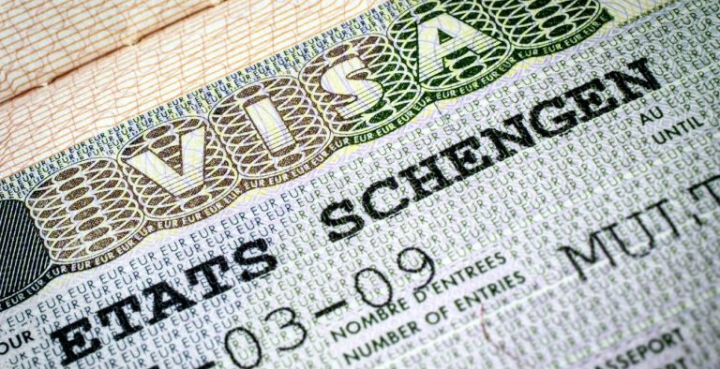African nationals face a notably high rejection rate for Schengen visas, which has been a growing concern.
The Schengen visa allows non-EU nationals to travel to 29 European countries for short-term visits, up to 90 days.
However, African applicants have been disproportionately affected by visa denials.
In 2023 alone, Schengen states generated $906 million from visa applications, with $145 million coming from rejected applications.
African nationals alone lost $61 million in application fees due to refusals.
A report by Henley & Partners, a British migration consultancy, highlights that African countries made up seven of the top ten countries with the highest Schengen visa rejection rates in 2022.
Nations like Algeria, Nigeria, Guinea-Bissau, and Ghana were among the most affected.
The rejection rate for African applicants increased from 18% in 2014 to 30% in 2022, in contrast to a global rejection rate of 17.5%.
Several factors contribute to this high rejection rate.
Economic conditions and the strength of passports play major roles.
Countries with higher incomes and stronger passports—measured by their ability to provide visa-free travel to numerous countries—tend to have lower rejection rates.
For most African nations, weaker passports, reflecting their limited visa-free mobility, lead to higher chances of visa refusal.
This restriction on mobility limits their access to economic opportunities abroad and reinforces the cycle of rejections.
Moreover, European consulates often attribute these denials to concerns over applicants overstaying their visas or failing to return home.
Consular officers have the discretion to evaluate applicants based on their socio-economic stability, employment, financial resources, and ties to their home countries.
African applicants often face difficulties proving strong connections to their home countries, which increases the likelihood of their applications being rejected.
The increasing rejection rates undermine the European Union’s efforts to promote stronger partnerships with Africa, particularly in trade, education, and cultural exchanges.
Many experts, including migration scholars like Mehari Taddele Maru, argue that the current system allows for bias and reinforces existing inequalities between the two regions.
This bias not only affects African nationals but also hinders cooperation between African and European businesses, as legal mobility is critical for fostering international collaboration.
Addressing these disparities requires the European Union to reform its visa policies and improve legal migration pathways, especially for African nationals.
African governments need to enhance their citizens’ opportunities within the continent, by investing in economic growth, job creation, and infrastructure.





















Add Comment